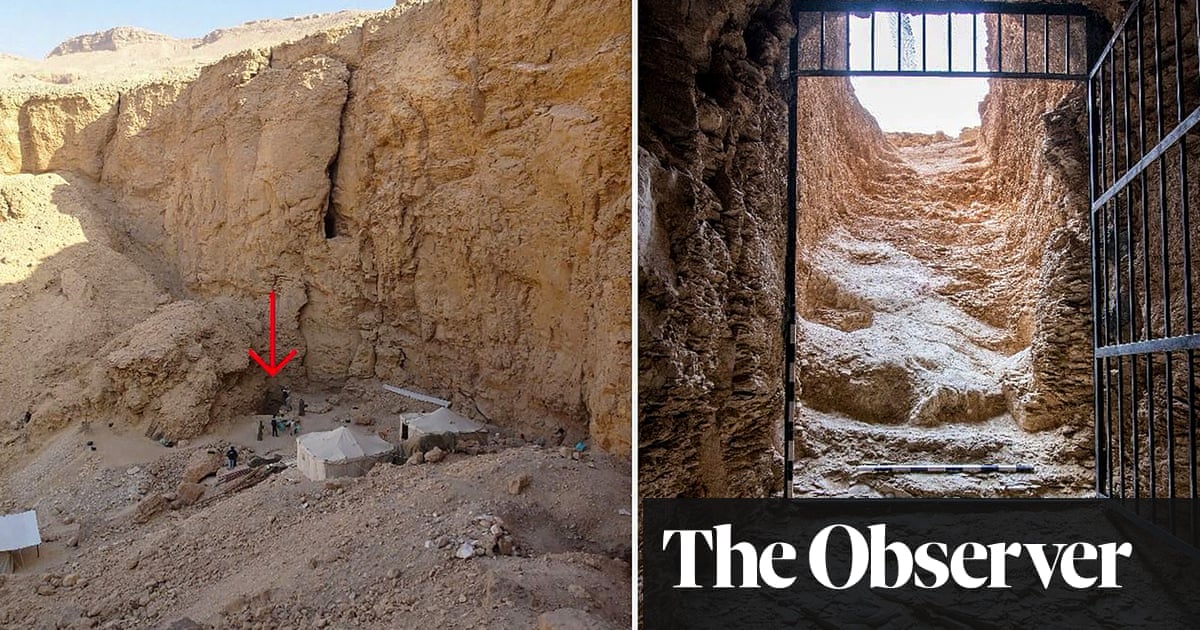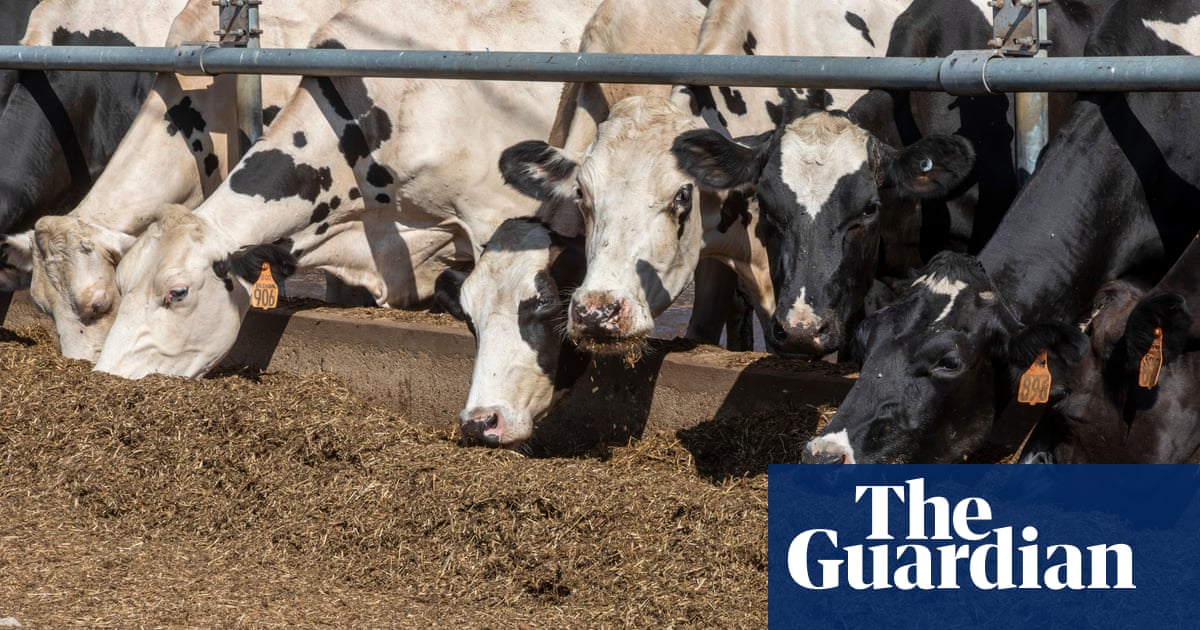In late 2019, we took a stand. Of all the crises facing the world, the most alarming is climate breakdown. We asked ourselves: what can the Guardian do? The answer: to report relentlessly on this emergency each day – its causes, consequences and solutions. To keep pressure on governments, businesses and each other to act now, to make changes for the better, to make good on their promises. And to look at our own organisation to ensure we are practising what we preach.
Five years on from our initial environment pledge, we are updating our readers and supporters on the progress we have made on six vital promises.
1.
We will continue our longstanding record of powerful environment reporting, known around the world for its quality and independence
Our expert environment journalism is read, watched and listened to at scale, and that means it has impact. By shining a light on the climate and nature emergencies, and giving them the sustained attention and prominence they deserve across our website, apps and newspapers, our journalism changes minds and policies.
The Guardian has more than a dozen dedicated climate, biodiversity and climate justice reporters, based in the UK, the US, Australia, Europe and the Amazon rainforest in Brazil. We work with our foreign correspondents around the world and other specialists across our newsrooms to cover each angle of this most urgent of issues that touches every aspect of our lives. We collaborate with other media organisations that also publish work in the public interest to reach the widest possible audience.
As an independent news organisation, our reporting on the environment will never be influenced by commercial or political interests. Instead, we counter misinformation and sensationalism with journalism that is rooted in facts, guided by the Guardian’s purpose and values.
2.
We will report on how climate breakdown is already affecting people, the natural world and other species, as well as what to do about it
We recognise that all too often those hit hardest by the climate and nature crises are poor and marginalised communities who bear the least responsibility for it. We make sure we interview people whose lives and livelihoods are most affected, as well as investigating the toll on the natural world and other species.
Alongside on-the-ground reports of extreme weather events, we also cover the latest science attributing these heatwaves, floods, wildfires and droughts to human-caused global heating – demonstrating how humanity’s vast carbon emissions are forcing the climate to disastrous new extremes.
And we report on the policies, ideas and solutions that will not only work to urgently reduce emissions and protect the natural world but will do so in a way that creates a fairer and more equal world.
3.
We will publish up-to-date global indicators on the crisis and use language that recognises its severity
In 2019, the Guardian established new language guidelines to introduce terms that more accurately describe the environmental crises facing the world. We have since updated these further, to use the term “nature crisis” instead of “biodiversity crisis”, which we feel is more accessible and relatable.
In our coverage, we continue to make clear the connections between the climate and nature crises, and incorporate the latest science in our reporting. And we hold countries and businesses to account for destruction of the natural world, in the same way we do for climate.
To ensure our readers have up-to-date data, we also publish the rising level of carbon in the atmosphere every day and report extensively on the ominous rise of temperatures around the world.
after newsletter promotion
4.
We will eliminate two-thirds of our emissions by 2030 and reduce our impact on nature
As we head towards 2025, the mid-point of our plan, we have cut greenhouse gas emissions by 43% so far by embedding sustainability into how we run our business, just as it is across our journalism. During the reporting year, emissions fell by 20%, driven in large part by improvements in our print business.
Last year, we published the results of our first biodiversity audit. We know that the actions we are taking to cut greenhouse gas emissions will also help reduce our impact on nature. We have built nature considerations into the procurement process for our largest suppliers, and continue to further our understanding of the steps they are taking to support biodiversity within their operations.
5.
We will decouple our business and finances from fossil fuel-extractive companies
The Guardian generates more than half of its revenue directly from its readers, which allows us to report freely and without commercial or political interference.
The Guardian has refused advertising from all fossil-fuel extractive companies since January 2020. Our decision was based on the decades-long effort by many in that industry to prevent meaningful climate action by governments around the world. We are still one of very few publishers to do this. In June 2024 UN secretary-general António Guterres urged news media and tech companies to stop taking advertising from fossil fuel companies, which he said had “shamelessly greenwashed” their role in causing climate breakdown.
6.
We will be transparent about our progress
Our recently published sustainability report details our greenhouse gas emissions for the last five years and the results of our previous biodiversity audit. Each year, we share the key factors that are driving changes in our emissions and the steps we are taking to reduce them.
Being transparent also means opening ourselves to scrutiny by independent third parties that can assess our progress and help us understand where we can improve. Our emissions reduction target has been verified by the Science-Based Targets initiative (SBTi), which confirmed that our measurement includes the majority of emissions from our global supply chain and that our targets meet the reductions required by the Paris agreement.
The Guardian was the first major international news organisation to achieve B Corp status in 2019 – which means meeting a series of criteria for high standards of social and environmental performance, transparency and accountability. We recertified as a B Corp in 2023, increasing our overall score and making progress in almost every category.
Support urgent, independent climate journalism today with a regular or one-off payment to the Guardian

 3 months ago
52
3 months ago
52













































